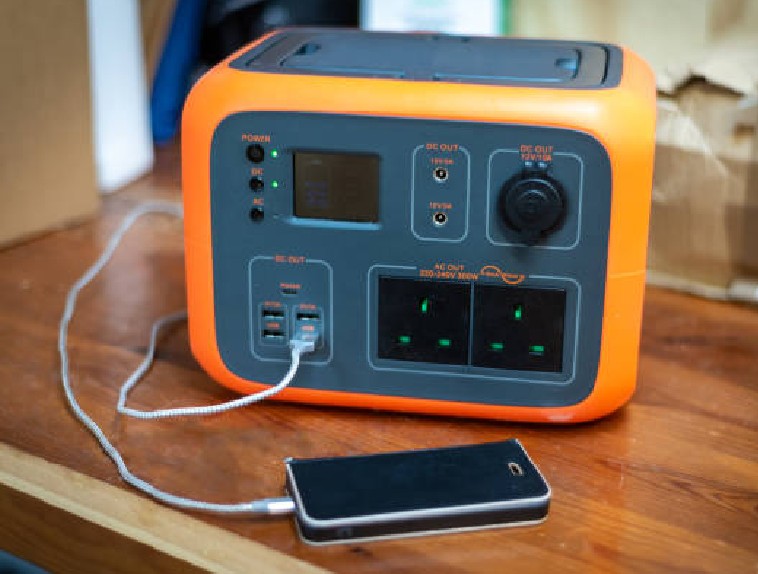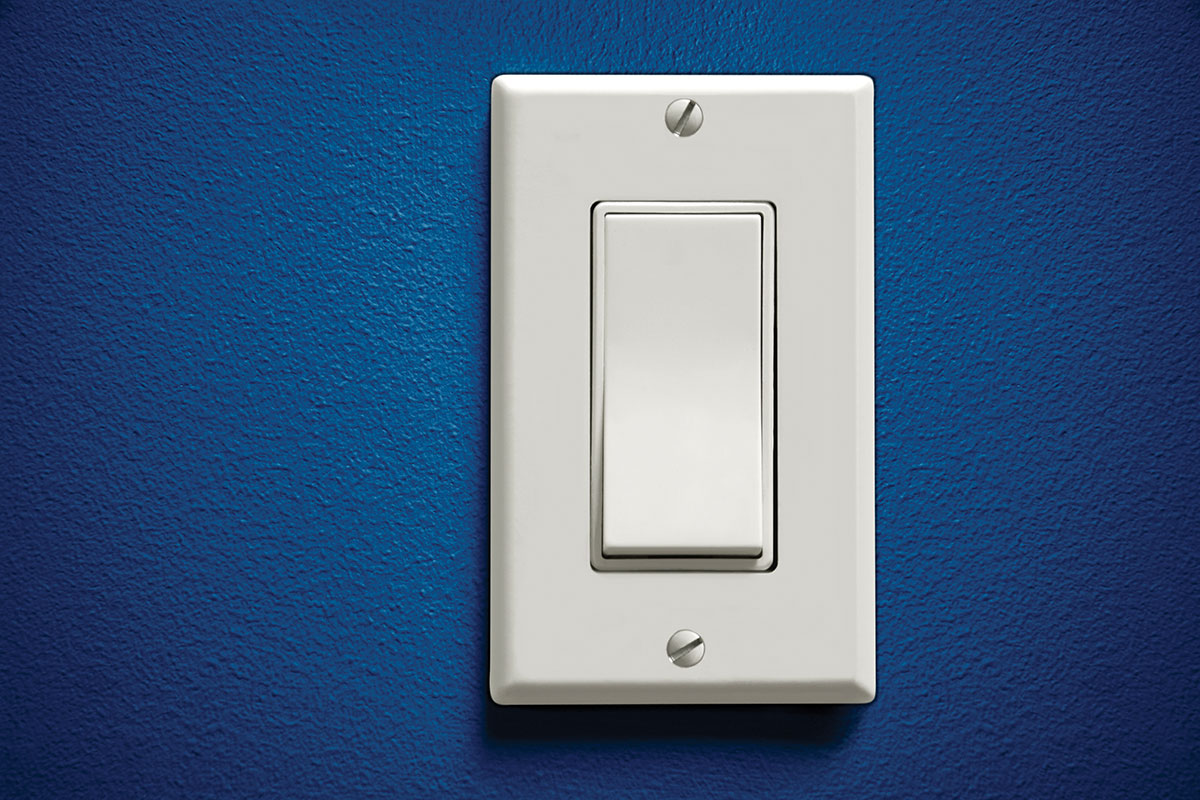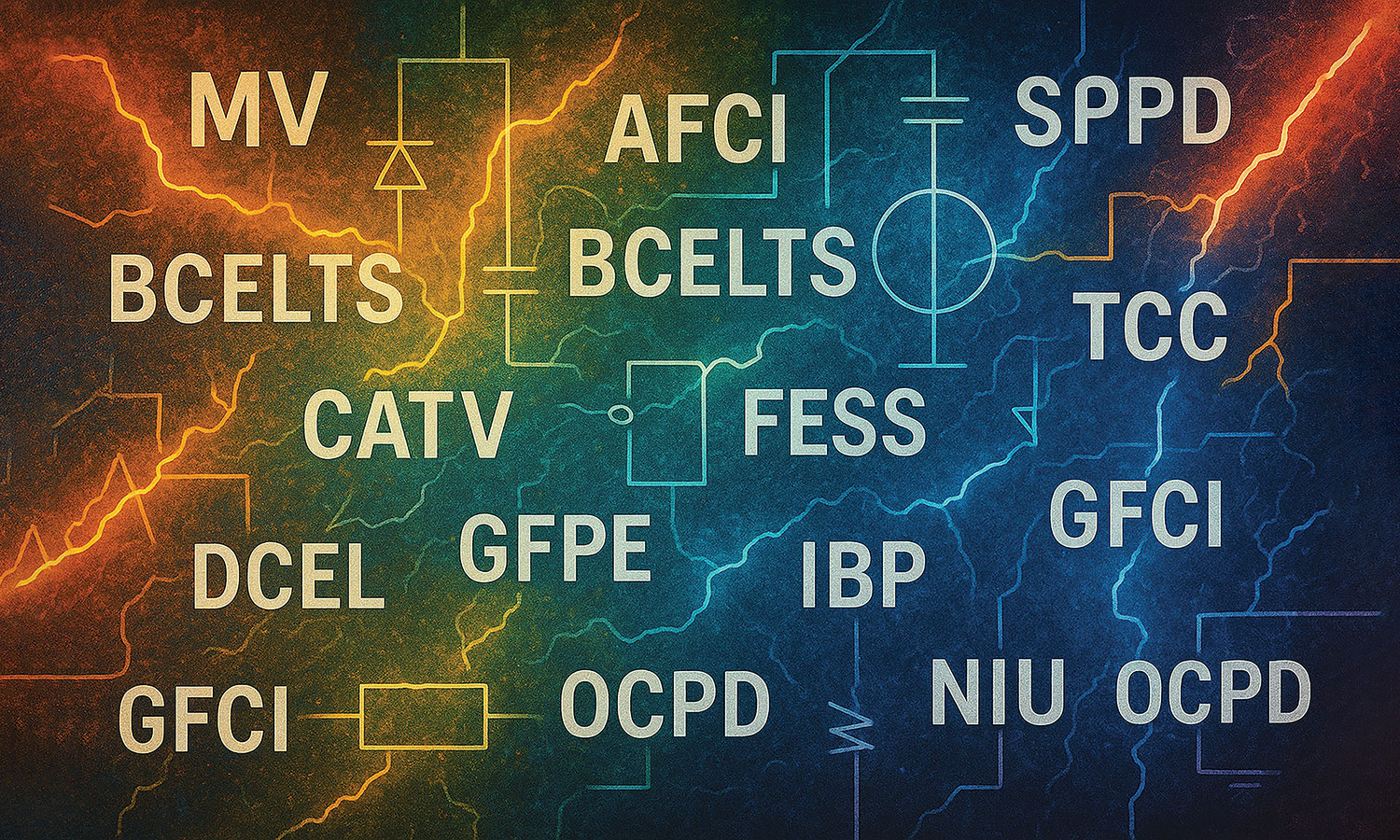Question 1.
I have encountered lithium-ion battery portable power packs sold at home improvement stores intended to be wired as a stationary energy storage system (ESS) in residential installations. They are marketed as portable power packs certified to UL 2743, the Standard for Portable Power Packs, and are sold with a panel/switch certified to UL 1741, the Standard for Inverters, Converters, Controllers and Interconnection System Equipment for Use with Distributed Energy Resources. All certifications were by an organization other than UL Solutions. The lithium-ion portable power packs are cord- and plug-connected to the panel/switch and can be daisy-chained together to expand the amount of battery energy storage up to a range of 50 kWh to almost 100 kWh, depending on the manufacturer. Are these systems certified to the correct safety standard for a stationary battery energy storage system (BESS) for a residential installation? What standard is required by the installation codes?
Answer 1. No, the system described in the question has not been safety certified to the correct standard for a stationary battery energy storage system in a residential installation. The appropriate certification standard for battery energy storage systems is ANSI/CAN/UL 9540, the Standard for Safety for Energy Storage Systems and Equipment. All the model installation codes require Certification (Listing) for compliance with UL 9540. The scope of UL 9540 details that energy storage systems are intended for installation and use in accordance with the National Electrical Code® (NFPA 70®); Canadian Electrical Code, Part I Safety Standard for Electrical Installations (CSA C22.1); National Electrical Safety Code (IEEE C2); International Fire Code (IFC); International Residential Code (IRC); National Fire Code of Canada (NFC); Fire Code (NFPA 1); and the Standard for the Installation of Stationary Energy Storage Systems (NFPA 855). The scope of NFPA 855 specifically states that it applies to stationary energy storage systems (ESS), including mobile and portable ESS installed in a stationary situation.
In addition, IRC Section R328 and Chapter 15 of NFPA 855, Standard for the Installation of Stationary Energy Storage Systems, require that systems be listed and labeled in accordance with UL 9540 and installed in accordance with the manufacturer’s instructions and their listing. Individual units are limited to a maximum rating of 20 kWh and must be separated from each other by not less than 3 feet, except where smaller separation distances are documented based on a test report in accordance with ANSI/CAN/UL 9540A, Test Method for Evaluating Thermal Runaway Fire Propagation in Battery Energy Storage Systems.
BESS are also limited to 20 kWh maximum per unit and 40 kWh aggregated maximum within non-habitable utility closets, basements and storage or utility spaces. The aggregated maximum increases to 80 kWh when used in attached or detached garages and detached accessory structures; on exterior walls; or outdoors on the ground. The exception is when greater kWh ratings are documented, based on a UL 9540A test report.
Installation of BESS is prohibited within sleeping rooms, or closets or spaces opening directly into sleeping rooms.
The product described in the question was a power pack certified to UL 2743, the Standard for Portable Power Packs. Portable power packs consist of one or more batteries that are intended to be used when normal grid power is not available such as camping or emergency situations. The devices are charged from an external supply source and supply power to outputs on the device such as receptacles, USB connections from a limited power source, DC output jacks, induction power transmitters and vehicle sockets. Portable power packs may also have additional features such as a strobe light, flashlight or an air compressor. In addition, the scope of UL 2743 limits the aggregate capacity for lithium-ion batteries to 20 kWh. A product with higher capacity is to be certified to UL 9540.
Product certification is important. But it is equally important that products are certified for the intended use and the scope of certification is verified with the certifying organization to determine compliance with installation codes. Simply combining individual, independently certified products in the field does not result in a certified (Listed) system.
UL Solutions Certifies (Lists) energy storage systems under the product category Energy Storage Systems and Equipment (FTBW) for compliance with ANSI/CAN/UL 9540, the Standard for Energy Storage Systems and Equipment. The guide information and Certifications (Listings) for FTBW can be viewed on UL Product iQ© at www.ul.com/piq; enter FTBW at the search field. UL Product iQ is complimentary to search, however, registration is required.
Question 2.
What is TS-800, and is it a consensus standard? Is it required for energy storage system (ESS) safety certification (listing) or required by any model installation codes for installation of energy storage systems? Is it a substitute for UL 9540A test reports for energy storage systems?
Answer 2. CSA Technical Specification (TS)-800 is a large-scale fire testing procedure for energy storage systems. As of May 2025, it is not a consensus standard. A TS-800 test report is not required for safety certification (Listing) of energy storage systems nor is it required for compliance with any model installation code in North America.
ANSI/CAN/UL 9540A, the Standard for Test Method for Evaluating Thermal Runaway Fire Propagation in Battery Energy Storage Systems, is the American and Canadian national standard for assessing fire propagation related to thermal runaway events in battery energy storage systems (BESS). Testing to these national requirements is an essential element of due diligence. UL 9540A provides a methodology for testing a system’s safety-related behavior when the design or installation conditions of a BESS exceed the limits set by the Standard for the Installation of Stationary Energy Storage Systems (NFPA 855), Fire Code (NFPA 1), International Fire Code (IFC) or the International Residential Code (IRC).
UL 9540A is the only consensus standard explicitly cited in NFPA 855 for large-scale fire testing and the only national standard in the U.S. and Canada for fire safety testing methods for BESS.
The UL 9540A test method is recognized in ANSI/ CAN/UL 9540, the Standard for Energy Storage Systems and Equipment as well as multiple industry standards and codes referenced above and various other local, state and international building and fire codes.
For more information on UL 9540A testing go to
https://www.ul.com/services/ul-9540a-test-method
Batteries that have been tested to UL 9540A can be viewed under the product category Evaluation of Thermal Runaway Fire Propagation in Batteries and Energy Storage Systems (AACD) on UL Product iQ at www.ul.com/piq; enter AACD at the search field.











Find Us on Socials